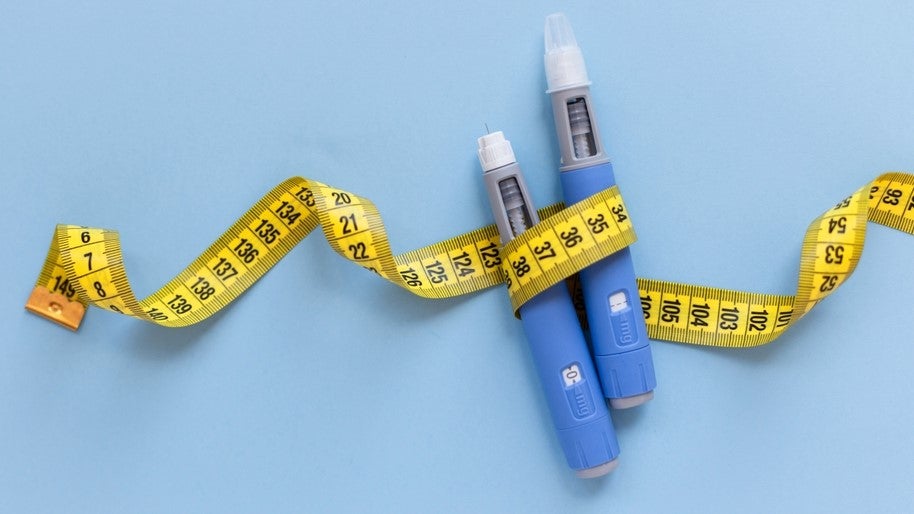Innovent Biologics has released more data from two Phase III trials evaluating mazdutide in adults with type 2 diabetes (T2D) and obesity.
The China-based biotech has presented data from the Phase III GLORY-1 trial (NCT05607680) evaluating the therapy in obese or overweight individuals, along with detailed results from the Phase III DREAMS-2 trial (NCT05606913), which showed mazdutide to be superior to Eli Lilly’s Trulicity (dulaglutide) in managing T2D.
The results were presented at the European Association for the Study of Diabetes (EASD) taking place from 9 to 13 September in Madrid, Spain.
Mazdutide is a dual agonist of glucagon-like peptide 1 receptor (GLP-1) and human glucagon receptor (GCGR). It was developed by Eli Lilly and Innovent acquired the development and commercialisation rights to the therapy in China. Lilly retains the rights to the drug in all other countries.
The Chinese company is currently conducting five Phase III trials evaluating the therapy in Chinese patients with either T2D, obesity or both. The company is also seeking regulatory approval in China for mazdutide in both chronic weight management and glycaemic control in T2D.
The EASD presentation was built on data from the randomised placebo-controlled Phase III GLORY-1 trial, which was announced at the American Diabetes Association meeting in June. The trial enrolled 610 Chinese patients who were either overweight or obese. Patients achieved 10.97% and 13.38% reduction in body weight compared to baseline with 4mg and 6mg mazdutide, respectively. At 48 weeks, more than half of patients (50.6%) on high-dose mazdutide reported at least a 15% reduction in body weight.
Patients receiving mazdutide also reported an improvement in cardiovascular and kidney functions. Combined analysis of two mazdutide groups showed improvement in systolic blood pressure, triglyceride, cholesterol and low-density lipoprotein (LDL) levels, and a reduction in serum uric acid and alanine aminotransferase levels, compared to placebo.
Innovent also presented exploratory data on liver stenosis (fatty liver). The results showed a dose-dependent reduction in liver fat content (LFC). A mean LFC reduction of 7.7% and 13.6% was seen with 4mg and 6mg mazdutide, respectively, compared to 0.8% LFC reduction with placebo.
The DREAMS-2 trial evaluated mazdutide as an add-on therapy in 731 Chinese patients with T2D. The therapy was added to the current treatment including metformin, sodium-glucose cotransporter-2 (SGLT2) inhibitors and thiazolidinediones.
After 28 weeks, patients in mazdutide 4mg and 6mg groups demonstrated a mean reduction in HbA1c 1.69% and 1.73% from baseline, respectively, compared to a 1.36% HbA1c reduction in the Trulicity group. Furthermore, 71.2% and 74.2% of patients receiving mazdutide 4mg and 6mg achieved HbA1c of less than 7%, compared to 62.1% with Trulicity.
The company also highlighted the weight reduction seen by these participants. At 28 weeks, 50.1% and 64.3% of participants with mazdutide 4mg and mazdutide 6mg achieved both a weight reduction of at least 5% and HbA1c of less than 7.0%, compared to 19.4% of participants reporting the same with Trulicity.
Innovent also teased improvements in cardiometabolic risk factors, including blood pressure, lipids, serum uric acid and transaminases, adding that it plans to publish the detailed results in peer-reviewed journals.









